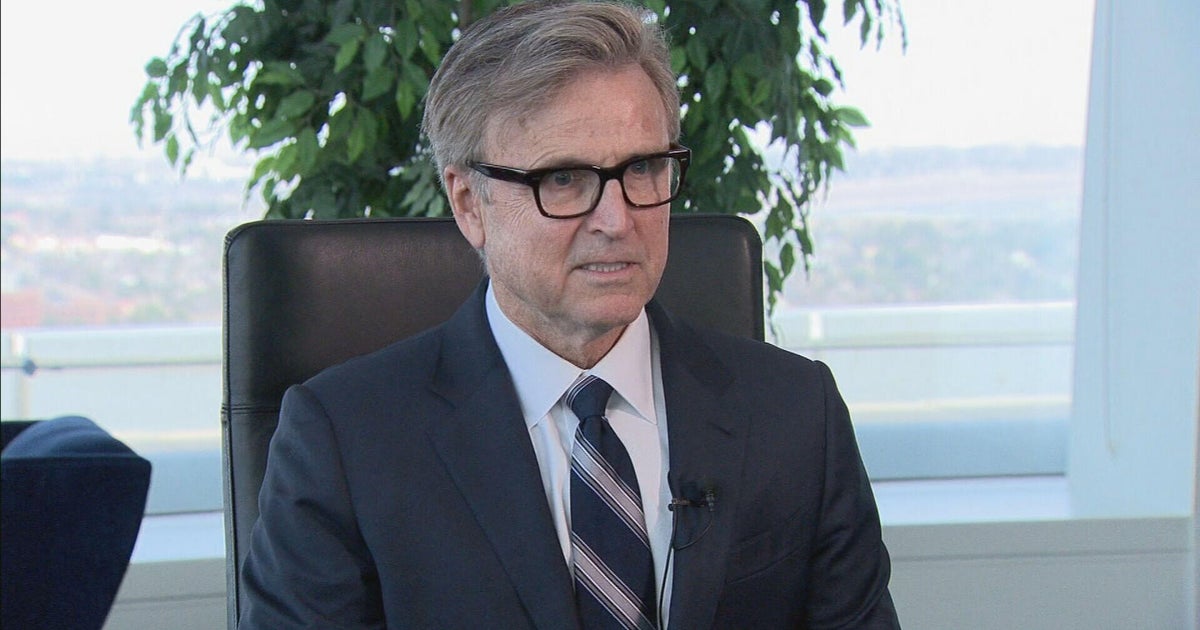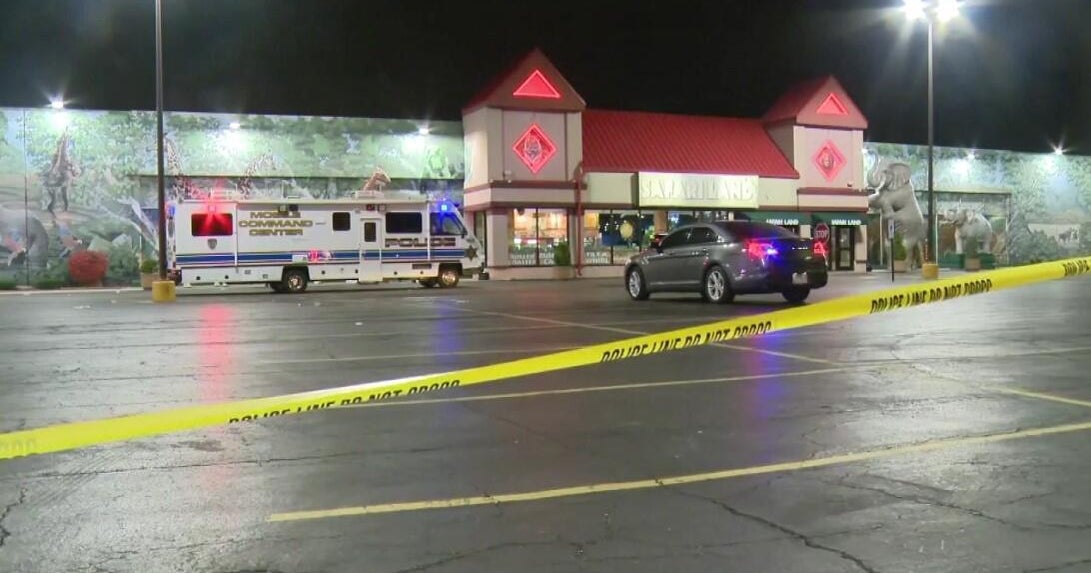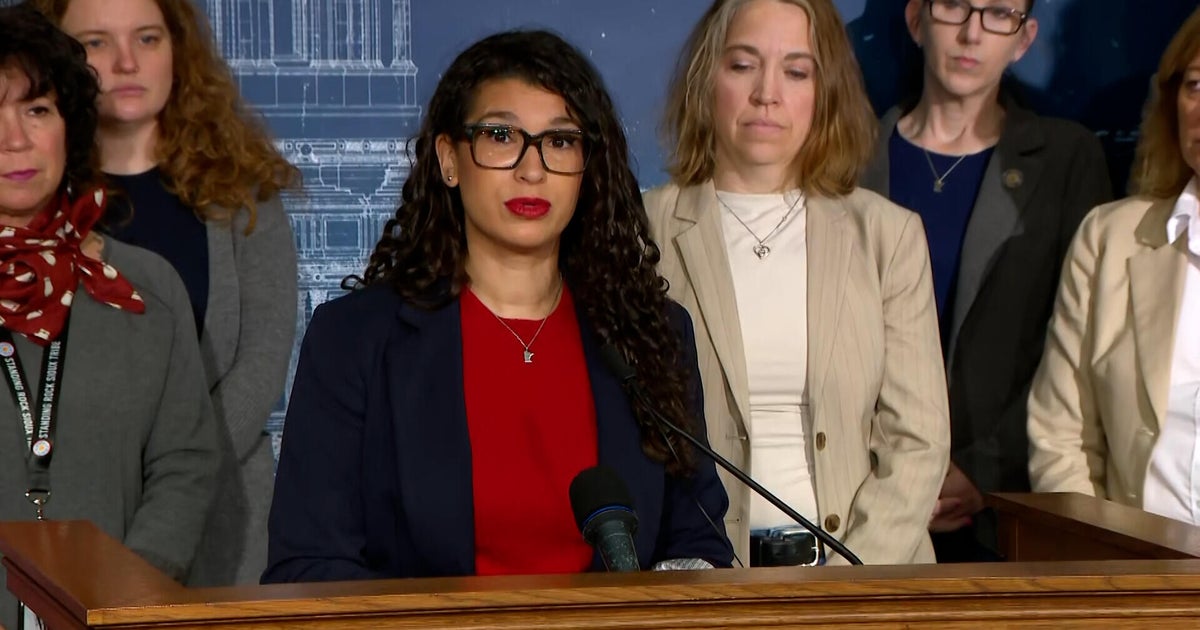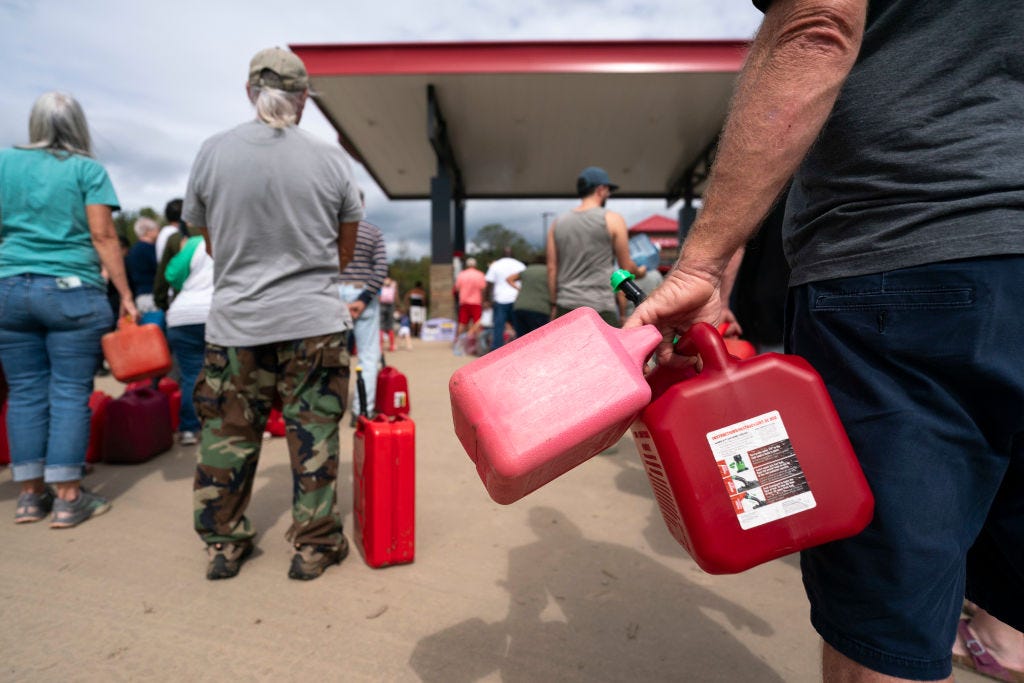Kansas lawmakers mull delaying amusement park law passed after boy's death
TOPEKA, Kan. -- Less than three weeks after GOP Gov. Sam Brownback signed tightened rules for Kansas amusement parks, lawmakers who were spurred by the death of a colleague's son are proposing to delay the law's implementation.
The House Federal and State Affairs Committee met Thursday afternoon and passed tweaks to the new requirement that amusement rides be inspected by qualified, outside inspectors. They also voted to push off the implementation until July 2018. The law was set to go into effect July 1.
Republican Rep. John Barker, who chairs the committee, has called the old regulations some of the loosest in the country. He led a charge to change the law after Republican Rep. Scott Schwab's son, Caleb, was killed last year on a water slide in Kansas City.
Barker said the Department of Labor asked for some minor changes and to delay the new law's implementation. He said some local carnival operators were concerned they wouldn't be ready to comply by July 1 and wouldn't be able to run their rides.
The Department of Labor regulates amusement parks and will have to develop rules, regulations and permit processes in accord with the new law.
Deputy general counsel J.L. McFarland also said in a statement that the department asked lawmakers to delay implementation over concerns that some parks wouldn't be able to come into compliance in time.
"We look forward to developing the necessary permitting and registrations systems so that Kansans are afforded the safety protections of the original bill," McFarland said in the statement.
Brownback said he had heard that people were hoping to "adjust the law and its impact on rural, county-fair" groups.
Lawmakers nearly unanimously supported the stricter inspection requirements for amusement parks when the bill passed both chambers last month.
The new law requires that rides be inspected by a qualified inspector who is either an inspector certified by one of several national boards; a certified engineer with two years of experience in the amusement park field, at least one of those in inspections; or someone with five years of experience in the amusement park field, two of those in inspections. The new law also requires parks to report injuries.
Kansas' previous law allowed parks to do their own inspections. That policy came under scrutiny after Caleb, who was 10, died last year on Schlitterbahn Water Park's "Verruckt" water slide, a 17-story tower that was dubbed the world's tallest.
Schwab declined to comment on the implementation delay. He stayed quiet on the bill until he gave an emotional endorsement on the House floor last month.
The Schwab family has settled for nearly $20 million with the park's owners, the manufacturer of the raft that carried riders down the slide, a general contractor and a company that consulted on the slide.
The "Verruckt" water slide remains closed and will be torn down at the completion of an ongoing investigation by the Kansas attorney general's office.
When it initially opened, the park advertised the ride for only people 14 years and older but was later removed from its website. The combined weight of the passengers in the raft must fall between 400 and 550 pounds.
Two other women, unrelated to Schwab, were in the raft when the boy died. They suffered injuries to their faces, according to authorities.
The apparent shift away from the age restriction could be one of the questions in determining liability, according to CBS News legal analyst Rikki Klieman, who said the park owner and ride designer face potential legal troubles over Schwab's death.
There's also anecdotal evidence of problems with the ride's safety equipment. Parkgoer Paul Oberhauser told CBS News his belt came off while riding with a friend and his 9-year-old son.
"As soon as I hit the bottom of the first curve the shoulder strap just kind of busted loose," Oberhauser said.
He said he had to grip handles by his legs to hold on and told park staff what happened.
"They kinda said, 'Oh no, really,' or something, 'Yes, that's not good.' And so it sounded like you know they were gonna do something about it," Oberhauser said.




